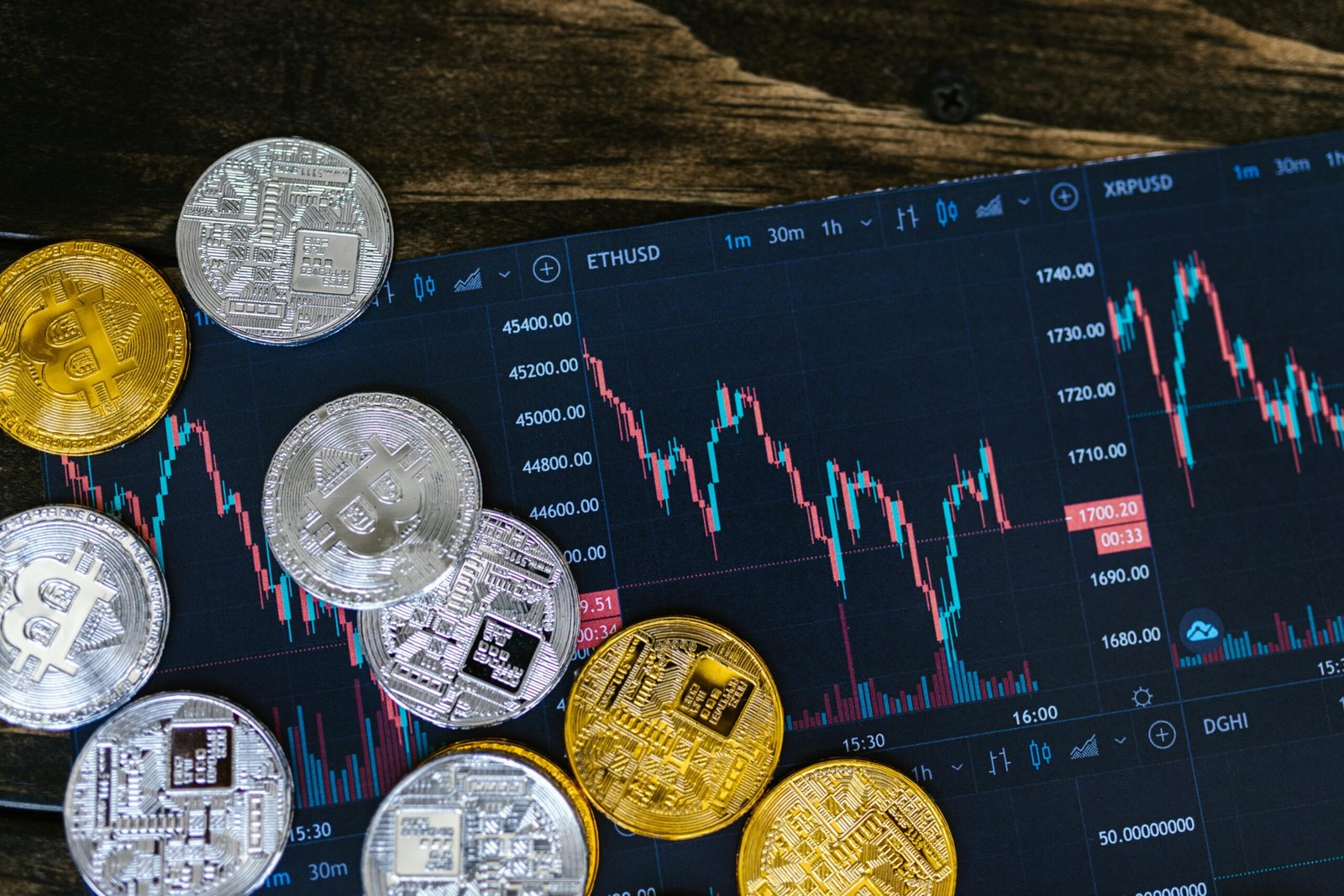Breaking News
Popular News




Enter your email address below and subscribe to our newsletter

Tokenization of Assets is quickly becoming a buzzword in the world of digital finance, especially in 2025. But what does it actually mean, and why is it so revolutionary? At bit2050.com, we break it down for you in simple terms.
In simple terms, tokenization of assets refers to converting real-world assets, like real estate, stocks, gold, or even art, into digital tokens on a blockchain.
Each token represents a fraction or whole of the underlying asset and can be traded on decentralized platforms. Think of it as owning a share in a house or painting, but in digital form.
Asset Identification: A real-world asset is selected.
Smart Contracts: A smart contract is created to define the asset’s rules.
Token Creation: Digital tokens are minted and linked to the asset.
Blockchain Recording: Ownership is securely recorded on the blockchain.
Trading: Tokens can be traded 24/7 across global platforms.
✅ Increased Liquidity: Turn traditionally illiquid assets into tradable tokens.
✅ Global Access: Anyone with internet access can invest.
✅ Fractional Ownership: Own a part of high-value assets.
✅ Transparency: Blockchain ensures full visibility of transactions.
✅ Security: Decentralized ledger reduces fraud risk.
Real Estate: Properties tokenized and sold in fractions.
Art: Digital ownership of famous paintings.
Equity: Startups tokenizing shares.
Commodities: Tokenized gold and silver.
🔐 Regulatory uncertainty in some countries.
📉 Volatility in token value.
🧾 Legal rights linked to ownership are still evolving.
As more institutions and governments adopt blockchain tech, the tokenization of assets is expected to become mainstream. It’s not just a trend—it’s a financial revolution. And at bit2050.com, we’re keeping you ahead of the curve.
Q1: Can I invest in tokenized assets with small amounts?
A: Yes! That’s one of the biggest benefits—fractional ownership allows small investments.
Q2: Is tokenization legal?
A: It depends on your country’s regulations, but many jurisdictions are working on clear frameworks.
Q3: How are tokenized assets stored?
A: They’re secured in blockchain wallets, similar to cryptocurrency.
Q4: Are tokenized assets taxed?
A: Yes, tax laws apply depending on your location. Consult a tax advisor.
Q5: What platforms allow tokenized asset trading?
A: Platforms like Polymesh, Securitize, and Tokeny are popular choices.
💡 Want to explore more future-focused finance? Stay tuned to bit2050.com for the best insights on crypto, investing, and digital trends.